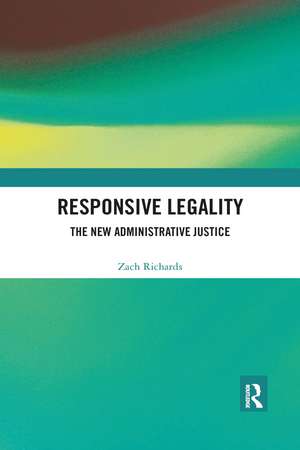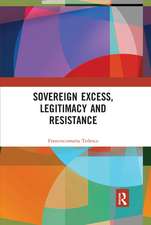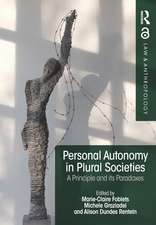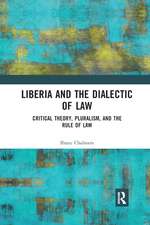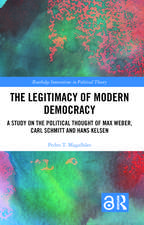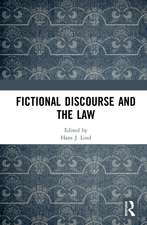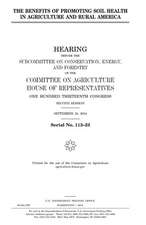Responsive Legality: The New Administrative Justice
Autor Zach Richardsen Limba Engleză Paperback – 28 noi 2019
Preț: 267.73 lei
Preț vechi: 331.60 lei
-19% Nou
Puncte Express: 402
Preț estimativ în valută:
51.23€ • 53.63$ • 42.39£
51.23€ • 53.63$ • 42.39£
Carte tipărită la comandă
Livrare economică 05-19 aprilie
Preluare comenzi: 021 569.72.76
Specificații
ISBN-13: 9780367895303
ISBN-10: 0367895307
Pagini: 148
Dimensiuni: 156 x 234 x 10 mm
Greutate: 0.22 kg
Ediția:1
Editura: Taylor & Francis
Colecția Routledge
Locul publicării:Oxford, United Kingdom
ISBN-10: 0367895307
Pagini: 148
Dimensiuni: 156 x 234 x 10 mm
Greutate: 0.22 kg
Ediția:1
Editura: Taylor & Francis
Colecția Routledge
Locul publicării:Oxford, United Kingdom
Cuprins
Acknowledgments
One: The New Administrative Justice
Two: Contemporary Public Administration
Three: Responsiveness
Four: Substantive Fairness and Procedural Consistency
Five: Applying Experience and Verifying the Truth
Six: Protecting Welfare through the Rule of Law
Seven: Responsive Legality in Good Governance
Index
One: The New Administrative Justice
Two: Contemporary Public Administration
Three: Responsiveness
Four: Substantive Fairness and Procedural Consistency
Five: Applying Experience and Verifying the Truth
Six: Protecting Welfare through the Rule of Law
Seven: Responsive Legality in Good Governance
Index
Notă biografică
Zach Richards is a Lecturer in Law at Keele University, UK
Descriere
Responsive Legality is an important book about twenty first century justice. It explores the legal and moral values that twenty-first-century public officials use to make their decisions, engaging existing theoretical models of administrative justice and updating them to reflect changed twenty-first-century conditions.
